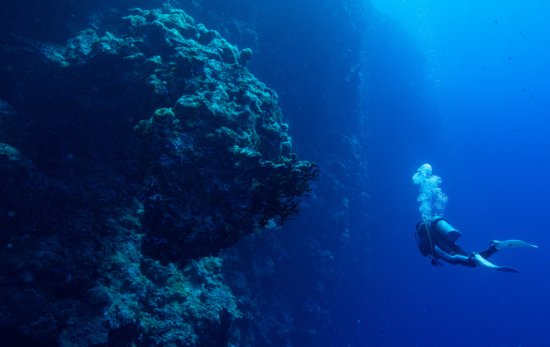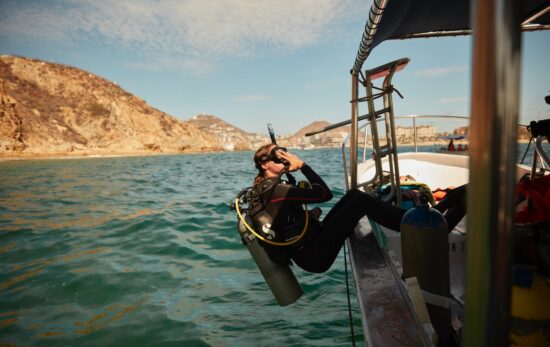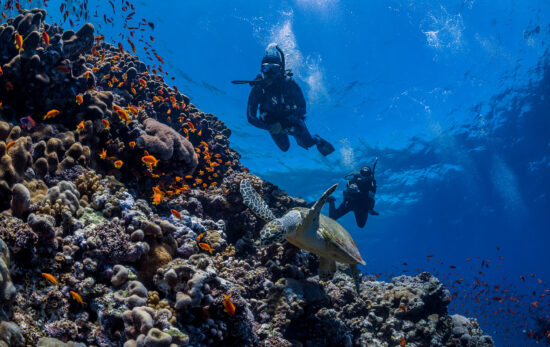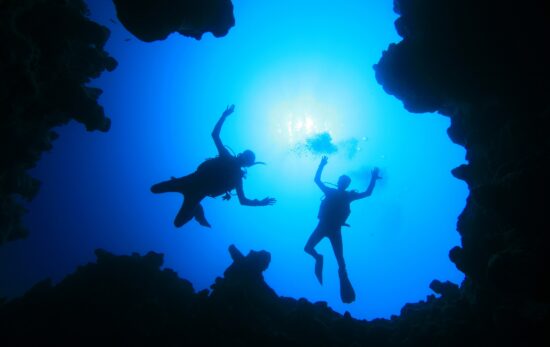One of the most horrific events in human space flight, on 28 January 1986, the U.S. space shuttle Challenger broke apart 73 seconds after launch, costing the lives of seven astronauts. During the incident investigation, a major question emerged – why did they launch even though after several launches engineers had been presented evidence that there were problems with booster o-rings? (O-ring failure caused the disaster). Answering this question led to Diane Vaughan’s now well-known social phenomenon, normalization of deviance. As explained in her book, (to simplify) normalization of deviance is when a person or a group deviates from a required safety protocol and nothing bad happens, so they repeat it until disregarding the protocol becomes normal – often with the deviation eventually catching with them. Despite repeated o-ring problem reports by NASA engineers, because nothing bad had happened in several launches, the risk was downplayed instead of examined more closely, leading to the Challenger launching and being lost.
It can happen in diving.
Endeavors like diving intentionally apply overlapping safety protocols for several reasons, but in particular, to account for accidental omissions or errors – and it works really, really well – as long as you’re doing everything you’re supposed to the best of your ability.
As an example, when you set up your gear, you check that you have a full cylinder and that the valve is open. You check both again when you do your BWRAF Predive Safety Check with your buddy. One day, you accidentally set up on an empty cylinder, then get distracted and forget to open the valve and confirm its full – but you and your buddy catch it during your predive check. No problem – just an annoyance.
But suppose someone skips predive checks. Maybe it happens gradually, rushing through it, more lip service and less real check each time, and it’s reinforced because nothing happens – until it’s skipped entirely. And for awhile, there’s no consequence because divers know how to set up their gear properly and do so most of the time. But one day when they accidentally set up on an empty and get distracted before opening the valve and checking, what happens? With no predive check, there’s a good chance they’ll end up in the water trying to breathe and inflate their BCD/dry suit from a valve-closed, almost-no-air cylinder. Hopefully, it’s handled, but it won’t be pleasant and this example is not an exaggeration. People have lost their lives like this.
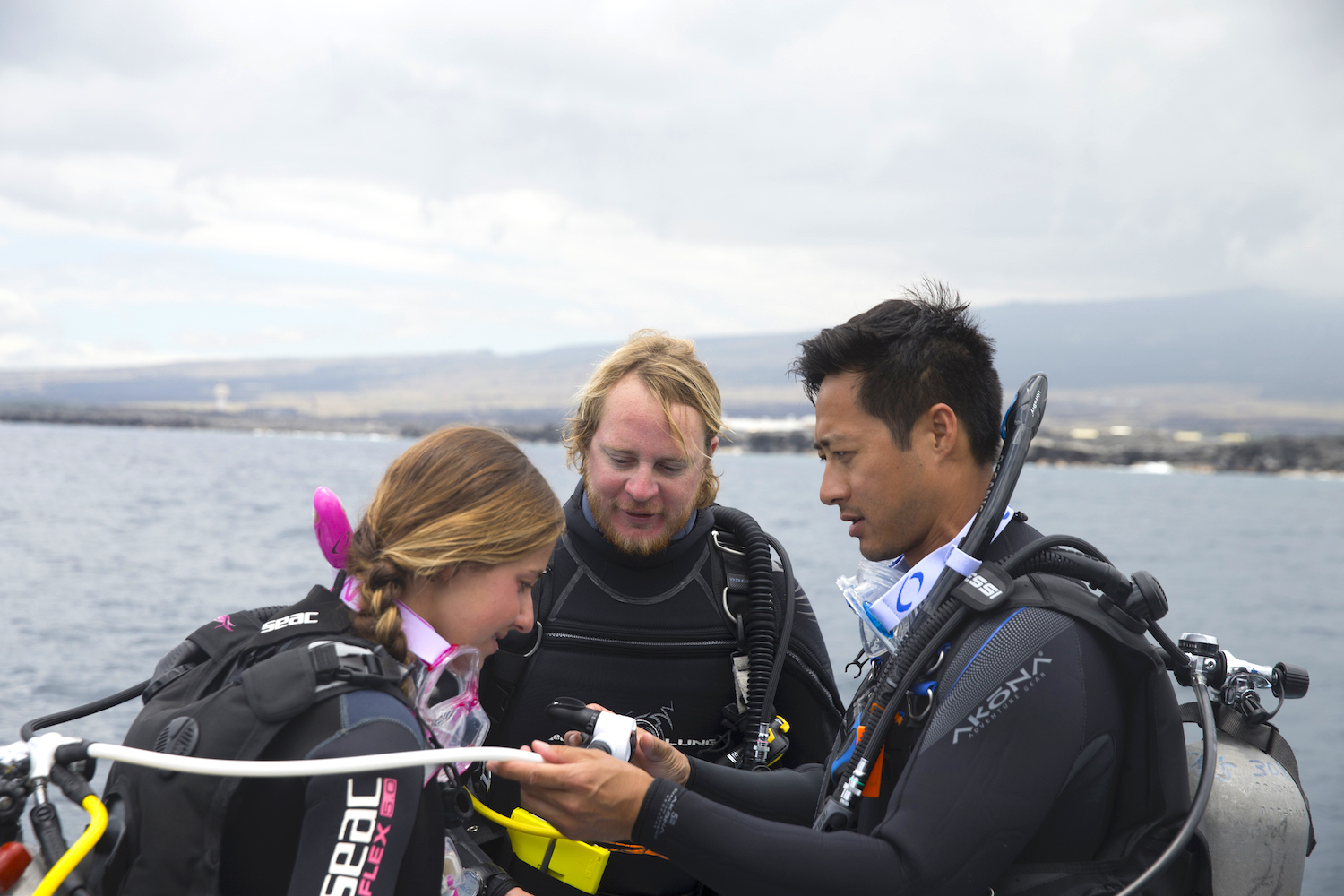
Keeping Deviance Denormalized
The hardest part of avoiding normalization of deviance isn’t following protocols, but being self-honest, self-disciplined and sometimes, standing tall (figuratively) when surrounded by others who already deviate. Here are three truths than can keep us on track, doing what we’re supposed to do:
1. Nothing necessary is unnecessary. What I mean is that PADI programs clearly distinguish what is necessary (gear, procedures, etc.) for types of diving, and what is optional. If you were taught having or doing something is mandatory for the dive you’re doing, make no mistake. It is. Don’t rationalize or accept rationalizations to the contrary.
2. You’re allowed to ask. It’s your safety, so good divers question anything and everything when they’re not sure, have doubts or need to know more. They don’t hesitate to ask anyone – even their instructors – questions like, “Aren’t we supposed to have backup lights?” or “We learned this is mandatory – why are we skipping it?” No diligent, safety-minded diver or dive pro objects to questions like these when there are reasonable, genuine answers consistent with safety principles.
3. Short cuts can cut your life short. If your questions don’t get reasonable answers, you’re being pressured to skip what you’re supposed to do or you’re not sure, stop. Within your training level, normalization of deviance is usually drop-dead obvious. E.g.: “Don’t we need to do our predive safety check?” Answer, “No, we don’t bother. They’re for newbies.” Rationalization is an unambiguous red flag. “Your BCD isn’t leaking that much air.” “We’re only going to 24 metres – 80 feet.” “It will be okay this one time.” “We do it all the time.”
You know what you’re supposed to do and have – insist on it. No one can make you dive – any diver can cancel any dive at any time for any reason. That includes you, before it starts, because you see violated protocols and mandatory gear omitted. Refusal to compromise safety – even in minor ways – earns the respect of the best divers. And, really, you don’t want to dive with anyone who thinks differently.
Also About Predive Safety Checks
A couple years ago I blogged about Predive Safety Checks, and used them in examples in this blog because normalization of deviance frequently affects them. To that end, PADI’s released a Predive Safety Check poster for use by PADI Pros in classrooms, at dive sites, on dive boats – anywhere they want, really – to remind divers to do it and what to check. Available as free download to them, ask your local PADI Resort, Dive Center or Instructor about it.
Seek adventure. Save the ocean.
Drew Richardson
PADI President & CEO PADI Worldwide

